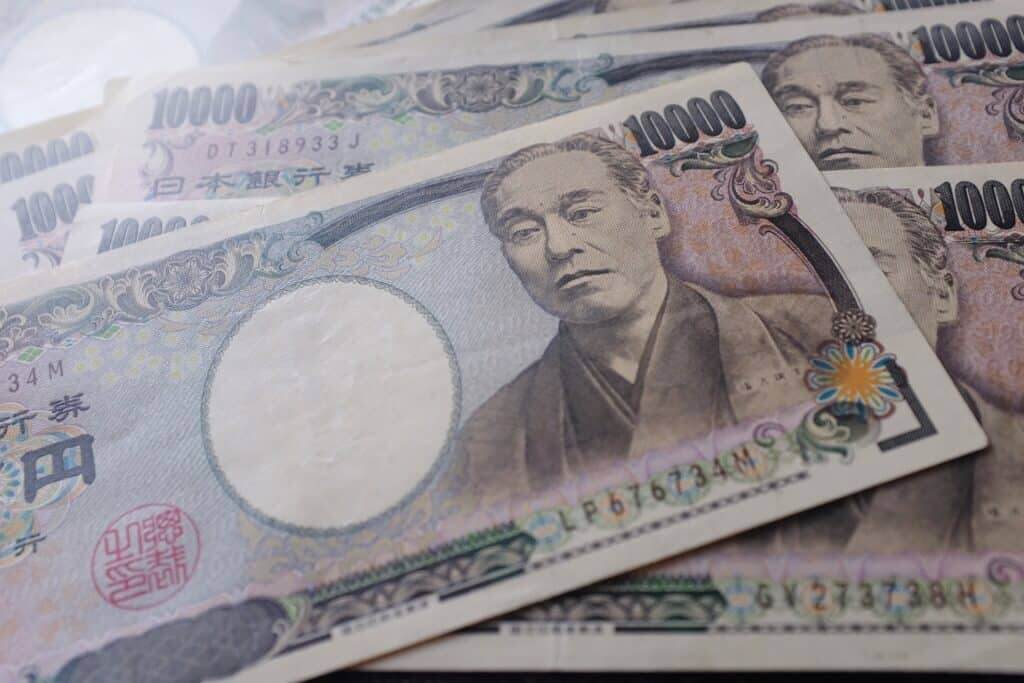Japanese Yen declined slightly on Wednesday. What about USD?
The Yen dropped insignificantly today after skyrocketing by almost 4% in the previous session. The Bank of Japan changed its key policy unexpectedly. On Tuesday, the BOJ announced that it would change its existing yield curve control policy. However, the bank kept broad policy settings the same.
Consequently, the Yen rallied to the four-month peak of 130.58 on Tuesday. But today, the currency shaved off 0.13%, exchanging hands at 131.88 per greenback. Still, it remained near yesterday’s high, when the currency gained 3.8%, showing its biggest one-day surge since 1998.
The BOJ enabled 10-year yields to move 50 basis points on either side of its 0% target. That range is much wider than the 25-basis point band permitted previously. Derek Halpenny, the head of research at Japanese bank MUFG, noted that the Yen’s rally indicated that investors expect the central bank to further tighten monetary policy in the following meetings. He also added that this is probably the first step in a normalization process.
Meanwhile, the U.S. dollar index climbed up by 0.22% against the basket of six major currencies on Wednesday, trading at 104.22. The greenback is approximately 8% higher for the year. It rallied most of 2022, mainly thanks to the U.S. Federal Reserve raising interest rates aggressively. Such a policy attracted investors toward the U.S.’ fixed income assets.
However, the index has plunged by almost 9% since skyrocketing to a 20-year peak in September. The currency experienced a sharp decline as the possibility of the Fed ending its tightening cycle weighed on traders.
According to analysts, the dollar might decrease further next year, especially if inflation weakens and the central bank’s rate hikes end.
How are the Euro and Sterling faring?
In Europe, the common currency tumbled by 0.16% versus the dollar at $1.061 on Wednesday. The British Pound also dropped by 0.68% to $1.211. Goldman Sachs thinks the euro will continue falling in the first three months of 2023, plunging to $1.02. However, the currency might soar to $1.10 in twelve months’ time.
The Bank of Japan’s move influenced the forex markets as investors thought it was starting to tighten its ultra-loose monetary policy. Japan has maintained low-interest rates to support the economy after the coronavirus pandemic pushed it into recession. The BOJ has kept interest rates negative even though other major central banks have increased rates aggressively to hinder inflation. As a result, the Yen suffered while other currencies soared.
Carol Kong, the currency strategist at the Commonwealth Bank of Australia, noted that traders had interpreted the central bank’s decision as a step towards changing the current ultra-dovish monetary policy. She thinks the Yen might continue to soar in the near term.
On Wednesday, the Australian dollar jumped by 0.07% to $0.669. At the same time, the New Zealand dollar shaved off 0.8% to $0.63. The Antipodean currencies continued struggling after experiencing substantial losses against the Japanese yen.
What about the EM currencies?
The Indonesian rupiah exchanged hands slightly changed today. The country issued a ban on bauxite exports, but that hasn’t influenced the currency much thus far. Meantime, other Asian currencies traded in the red in holiday-thinned trading.
The Singapore dollar plummeted by 0.2% on Wednesday. The rupiah stood at about 15,595 versus the greenback. Moreover, Thailand’s baht dropped by 0.4% to 34.795 to the U.S. dollar.
Investors are waiting for the Indonesian central bank’s meeting on Thursday. According to polls, most of them expect a 25 basis points (bps) rate increase. The bank has already hiked rates by 50 bps each in the last three meetings. Furthermore, Indonesia’s president issued a ban on exports of bauxite. The country is a major supplier of ore, while China is the biggest buyer.
Other EM currencies were muted due to a light data calendar and holiday-thinned volumes. In Malaysia, the ringgit shaved off 0.2%. The shares also tumbled by 0.3%. On Tuesday, Malaysia’s prime minister stated that the country’s economic growth would likely exceed forecasts of 6.5% to 7% this year, but this news failed to bolster the currency.
On the other hand, the Philippine and Indonesian stock indexes surged forward by 0.7% and 0.4%, respectively. Shares in India and South Korea dropped by 0.4% and 0.2%, respectively. Wall Street rallied overnight, rebounding after four sessions of trading in the red. Its gains weighed on Asian equities.

